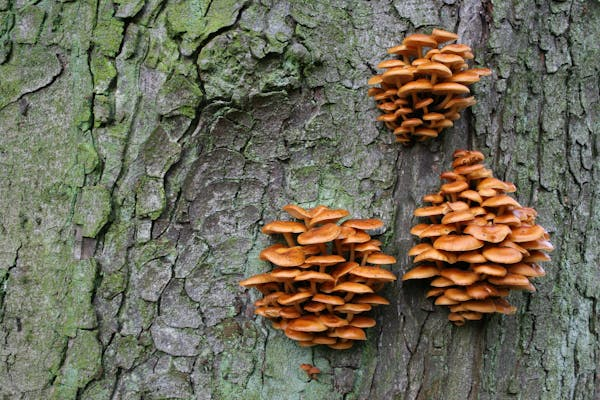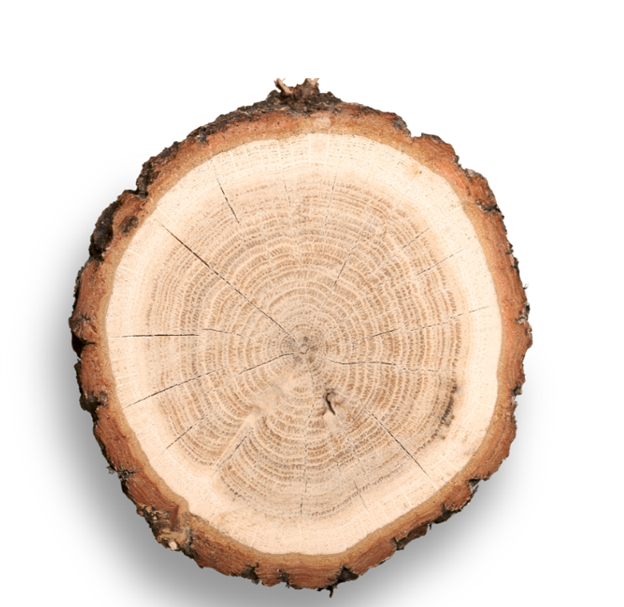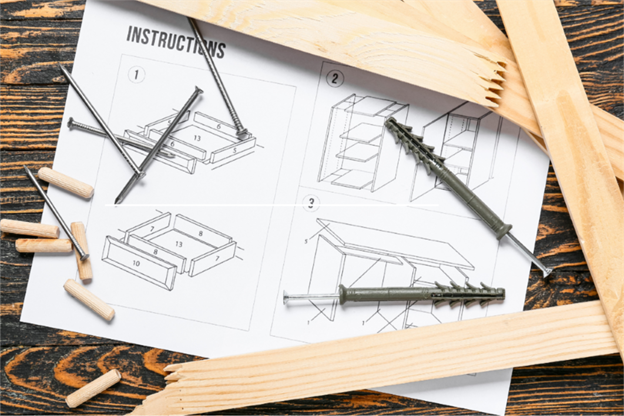An In-Depth Look at Wood's Natural Defenses Against Pests and Decay

Wood, as a natural substance, has been an integral material for construction, craftsmanship, and various other applications throughout human history. Despite its organic origin, which could suggest vulnerability, wood possesses inherent defenses against pests and decay. These defenses are not just of academic interest; they have practical implications for industries and businesses, such as Cincinnati Dowel & Wood Products, that specialize in wood-based products like dowel rods, wood plugs, and other wood turnings.
In this article, we will explore the mechanisms behind wood's natural resistances, and how understanding these can benefit both the producers and consumers of wood products.

Wood's Natural Defenses
The durability of wood is a result of a complex interplay between its physical structure and chemical composition. These natural defenses are primarily targeted against the two main threats to wood: biological decay and insect pests.
Biological decay in wood is caused by fungi that thrive in moist environments. To combat this, certain species of trees have developed heartwood — the non-living, central wood of logs — which is more resistant to decay than the outer sapwood. Heartwood often contains higher concentrations of extractives — chemicals such as tannins, resins, and oils — that are toxic or repellent to decay-causing organisms.
Insect pests, such as termites and wood-boring beetles, are deterred by both the physical hardness of the wood and its chemical defenses. Some wood species produce chemicals that are toxic to these pests, while others rely on hard, dense fibers that present a physical barrier to insects.

The Role of Wood Density
The density of wood is a critical factor in its natural resistance to pests and decay. Denser woods typically have tighter grain patterns and less space between the fibers, which makes it more difficult for insects to penetrate and for fungi to find the moisture they require to survive. This is particularly relevant for products like dowel rods, which rely on structural integrity for their strength. A dense hardwood dowel offers less opportunity for pests to establish themselves, thereby increasing the dowel's longevity in various applications.
Extractives and Their Protective Properties
The extractives in wood serve as chemical defenses. These substances, which can give wood its color and fragrance, often have antimicrobial and insect-repelling properties. For example, the heartwood of cedar contains thujaplicins, which have fungicidal properties, and cedarwood oil, a natural insect repellent.
These protective chemicals are not distributed evenly throughout the tree. They are often concentrated in the heartwood, which is why products made from this part of the wood, such as certain decorative turnings, can be more durable and naturally resistant to pests and decay.

Wood's Resistance to Moisture
Moisture is the enemy of wood durability. Many of wood's natural defenses are designed to minimize moisture absorption, as both fungi and insects require water to thrive. The structure of wood fibers and the presence of oils and waxes in some species help repel water, preventing it from penetrating deeply into the wood.
In the manufacturing of dowels, wood plugs, and turnings, selecting the right species of wood for moisture-prone environments can greatly extend the life of these products. For instance, white oak is known for its tight cellular structure, which makes it less permeable to water, while the oils in black walnut act as a natural water repellent.

The Importance of Proper Wood Selection
Understanding the natural defenses of wood is essential when selecting materials for any wood product. For example, dowel rods used in outdoor furniture should be made from species with strong natural defenses to ensure longevity and resistance to the elements.
Similarly, wood plugs used to cover fasteners in outdoor decking or marine applications need to be constructed from wood with inherent moisture and pest resistance. Wood turnings that serve as decorative elements in outdoor structures must also be crafted from durable species to withstand the test of time.
The Integration of Wood's Natural Defenses in Woodworking with Cincinnati Dowel
At Cincinnati Dowel & Wood Products, we integrate these natural properties into our design and production processes. By understanding and harnessing the innate defenses of wood, we can produce items that not only serve our intended purpose but do so for a longer period and in a more reliable way.
Moreover, by combining traditional woodworking techniques with modern preservation methods, such as kiln drying and the application of protective finishes, the natural durability of wood can be enhanced. This ensures that even wood with less natural resistance can be used effectively, providing greater versatility in material choice without compromising the quality or longevity of the final product.
The natural defenses of wood against pests and decay are a testament to the resilience and adaptability of this organic material. These characteristics are not just of biological interest but have practical implications for businesses and consumers alike. By understanding the inherent properties of different wood species, we can make informed decisions about the types of wood that will best suit our products' intended uses.
For consumers, this knowledge translates into products that are durable, reliable, and suited to their specific needs, whether it be dowel rods for structural projects, wood plugs for aesthetic finishes, or ornate wood turnings for decorative purposes. As we continue to rely on wood for its beauty and functionality, appreciating and leveraging its natural defenses will remain a cornerstone of both sustainable forestry and responsible manufacturing.
To learn more information about responsibly manufactured wood dowels, follow Cincinnati Dowel on Facebook, LinkedIn, Pinterest, Instagram, and Twitter.
Also, if you are satisfied with your Cincinnati Dowel experience, leave us a five-star review here!


